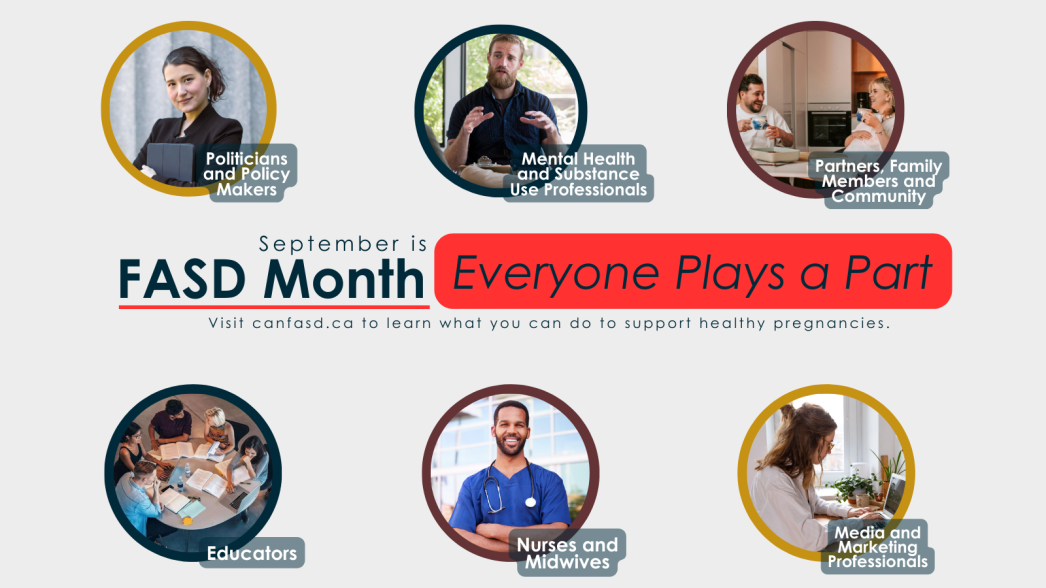If you or someone you care for has Fetal Alcohol Spectrum Disorder (FASD), it’s essential to understand that you have rights.
Creating an inclusive learning environment for children with FASD
Practical tips to help you make your classroom more welcoming and accommodating for children with FASD.
New Brunswick study improving the path to referral for a FASD diagnosis for youth
Concerns about the long and challenging road to a referral for an FASD diagnosis has inspired a New Brunswick research study.
Everyone plays a part in FASD prevention
Working together to provide holistic, health promoting responses to these complex and interconnected influences are vital to FASD prevention.
Become an FASD-informed police officer
It is important that police have a grounded understanding of how FASD impacts a person’s involvement with the justice system.
FASD missing from Federal Budget 2024
The Federal Government recently released a 400-page budget, outlining their key priorities and investments for 2024.
Provincial Alcohol Policies: Learning from Quebec
Each province in Canada has different policies and resources surrounding alcohol. In this new series, we will look at what is happening in each province to provide insight into how we can learn from each other.
Black History Month: An Interview with Monique Reboe Benjamin
To celebrate Black History Month, we would like to profile one of the talented Black researchers we’re grateful to have in our network.
How to access the disability tax credit as an individual with FASD
People with FASD and their caregivers are entitled to the Government of Canada’s disability tax credit. Read on to find out if you are eligible, how to apply and look at some resources to help you further.
Australian Medical Research Future Fund (MRFF) awarded to FASD prevention project in Perth, Western Australia
The Australian Government has funded an Aboriginal-led prevention project aiming to support Aboriginal women who are pregnant and reduce FASD in the community and to address service gaps for Aboriginal families.










